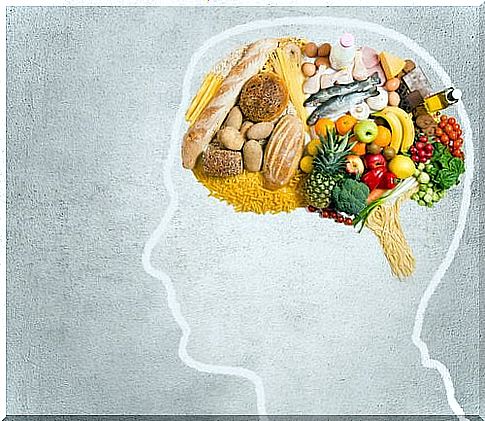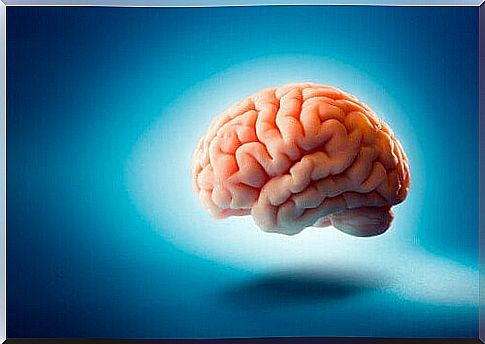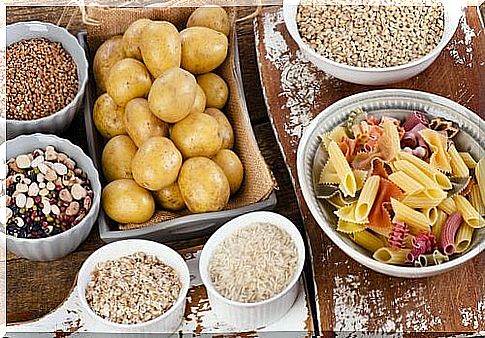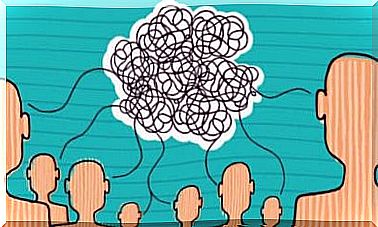Eat Right So That You Meet The Brain’s Need For Energy

The most important connection between your body and the food you eat is not the digestive system, but the brain. Your diet has a direct effect on the brain. On the one hand, the brain is responsible for hunger, satiety and appetite. On the other hand, you satisfy the brain’s need for energy by eating.
For your brain to function optimally, you need to provide it with the right nutrition. Depending on what you eat, a number of different digestive processes take place, whereby the nutrients are converted into the energy you need for your mental functions.
The brain never rests. It is constantly active and working, even if you are not aware of it. This is why nutrition is so important, because the only way you can provide for your brain’s energy needs is by eating a variety of foods.
Carbohydrates help the brain to function as efficiently as possible. And among the different types of carbohydrates, sugar or sucrose are the ones that play the biggest role for optimal brain function. Yes, sugar is actually not completely reprehensible.

Sugar dissolves in water and is easily digested by the body. Chemically, sugar is a disaccharide composed of two molecules: glucose and fructose. They are generally considered to be the two main types of sugar.
But glucose and fructose have opposite effects on the brain. Glucose activates the satiety signals while fructose has the reverse function and activates the nerve pathways in the brain that increase your interest in food. So one decreases while the other increases the desire to continue to vomit food. Interesting, right?
But in the choice between the two types of sugar , the brain has a favorite: glucose. It is the cells’ “favorite food” and the brain’s main source of energy. Glucose is absolutely necessary.
In fact, even though the weight of the brain is only 2% of the total body weight, it uses almost one-fifth of the glucose circulating in the blood. In addition , it needs more than 10 times as much blood as the muscle tissues. Why? Because unlike muscles and other organs, the brain cannot store glucose for later use.
In addition to this, the brain has another handicap: its cells do not have the ability to convert fat and protein into glucose. The brain can only assimilate what we add to it through our daily intake of sugar.
Now you may understand better why the decision to eat healthy food does not just have repercussions on your body weight. Some examples of glucose-rich foods are vegetables (carrots and beets), dairy products, cereals (corn, wheat, brown rice) and white bread.
But watch out! Just because sugar is necessary for your brain to function properly, does not mean you have to stuff yourself with a lot of cookies and junk food. Remember that sugar occurs naturally and in sufficient amounts in the food you eat every day.
Too high or too low glucose levels prevent the body from functioning normally. If your blood sugar is low, such as when you have an overly restrained diet, it can have a negative effect on memory, concentration and learning. And if it is high, it can lead to chronic diseases, such as epilepsy.
Starch is another type of complex carbohydrate, which is made up of glucose molecules and which is essential for good brain function. Therefore, it is important that the diet also includes starchy foods, such as. potatoes, rice and pasta.

Protein is needed for the production of neurotransmitters. These in turn are responsible for the flow of information between the brain and the rest of the body. Examples of good sources of protein are fish (tuna, sardines, salmon), meat and eggs.
Nuts promote blood circulation and oxygen supply through the body. In addition, nuts are full of antioxidants and they are anti-inflammatory due to their high content of omega 3 fatty acids, vitamins and minerals.
When we eat , the enzymes in the digestive system break down the food into various constituents. Carbohydrates are broken down into simple sugars, proteins are broken down into amino acids and fats into fatty acids.
These compounds are carried through the bloodstream to the various cells that make up the human body. Some, such as glucose, are transported directly to the blood vessels in the brain. Others, such as fatty acids, form building blocks for cell membranes.
If you skip breakfast, this means that the brain receives less nutrition and functions less early in the day. In the same way , too low or too high an intake of sugar at a certain time means that the capacity of the brain is limited.
Insufficient physical activity or sleep, smoking, consumption of alcohol or other psychoactive substances can even change the structure of the brain, as they seriously affect the central nervous system. Lack of good friends, violence and stress also reduce mental capacity.

We do not become more or less intelligent depending on what we eat. On the other hand, food affects our mental performance and efficiency from day to day. As we have already seen, glucose is the backbone, but the best way to meet the brain’s need for energy is to eat a healthy and well-balanced diet.
If you make small changes in your diet, you may begin to see startling results in your daily activities, which may have to do with math, thinking, and memory. So why not make an effort to better meet the brain’s need for energy?









